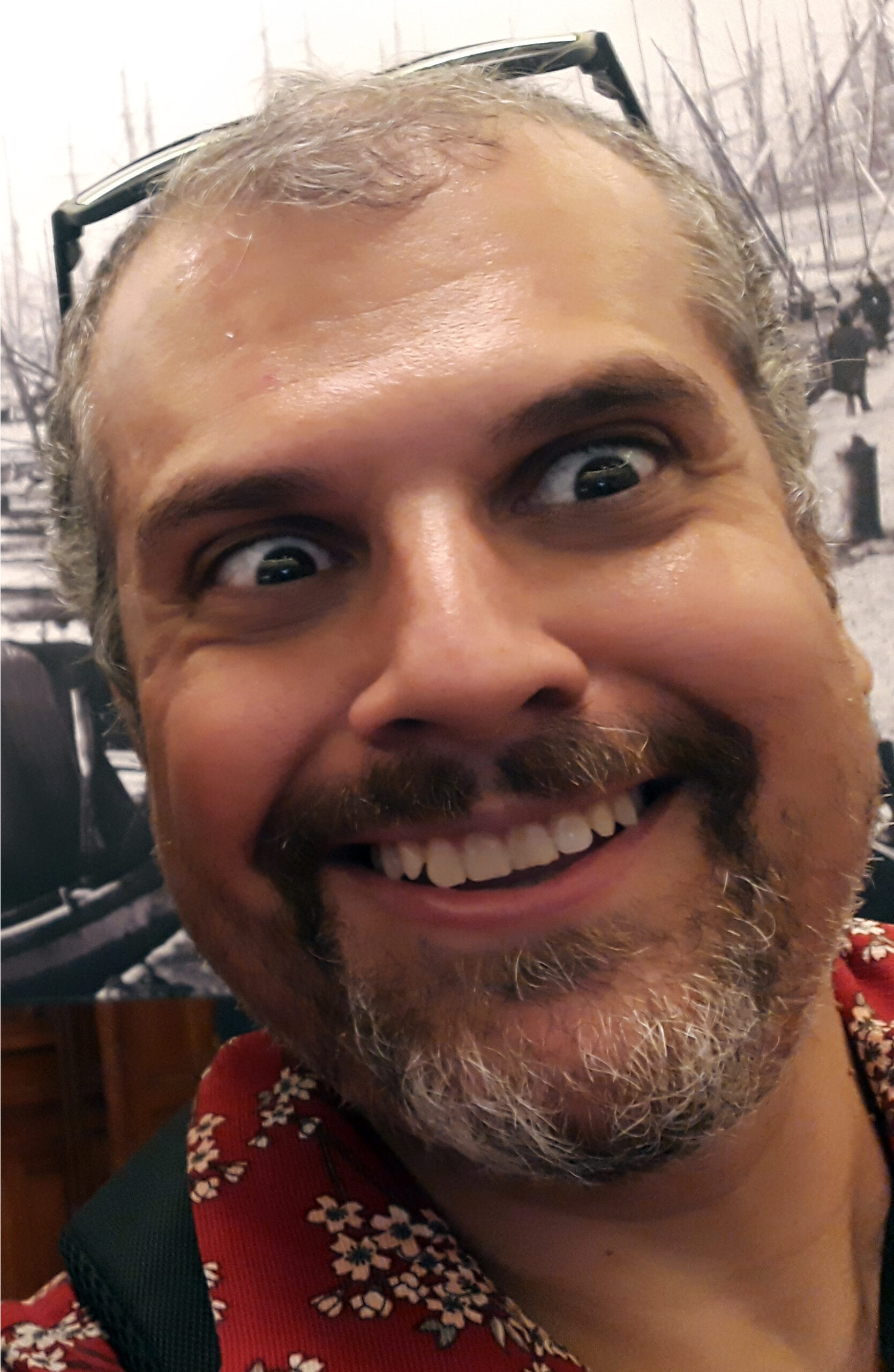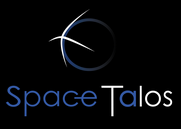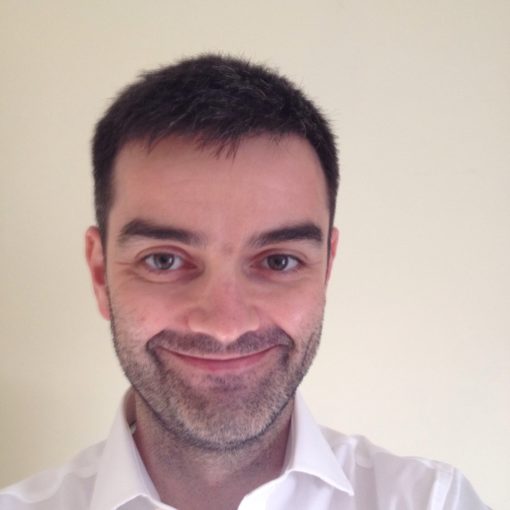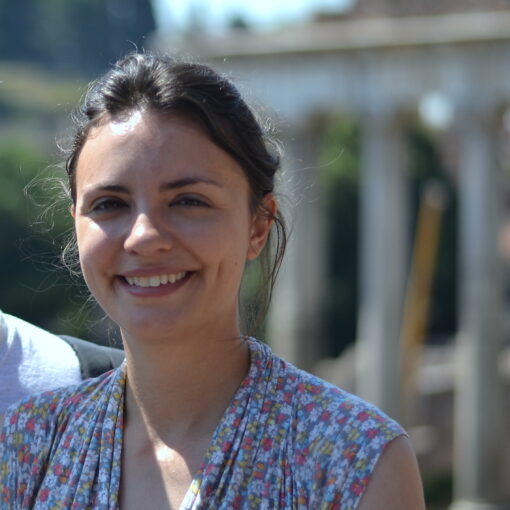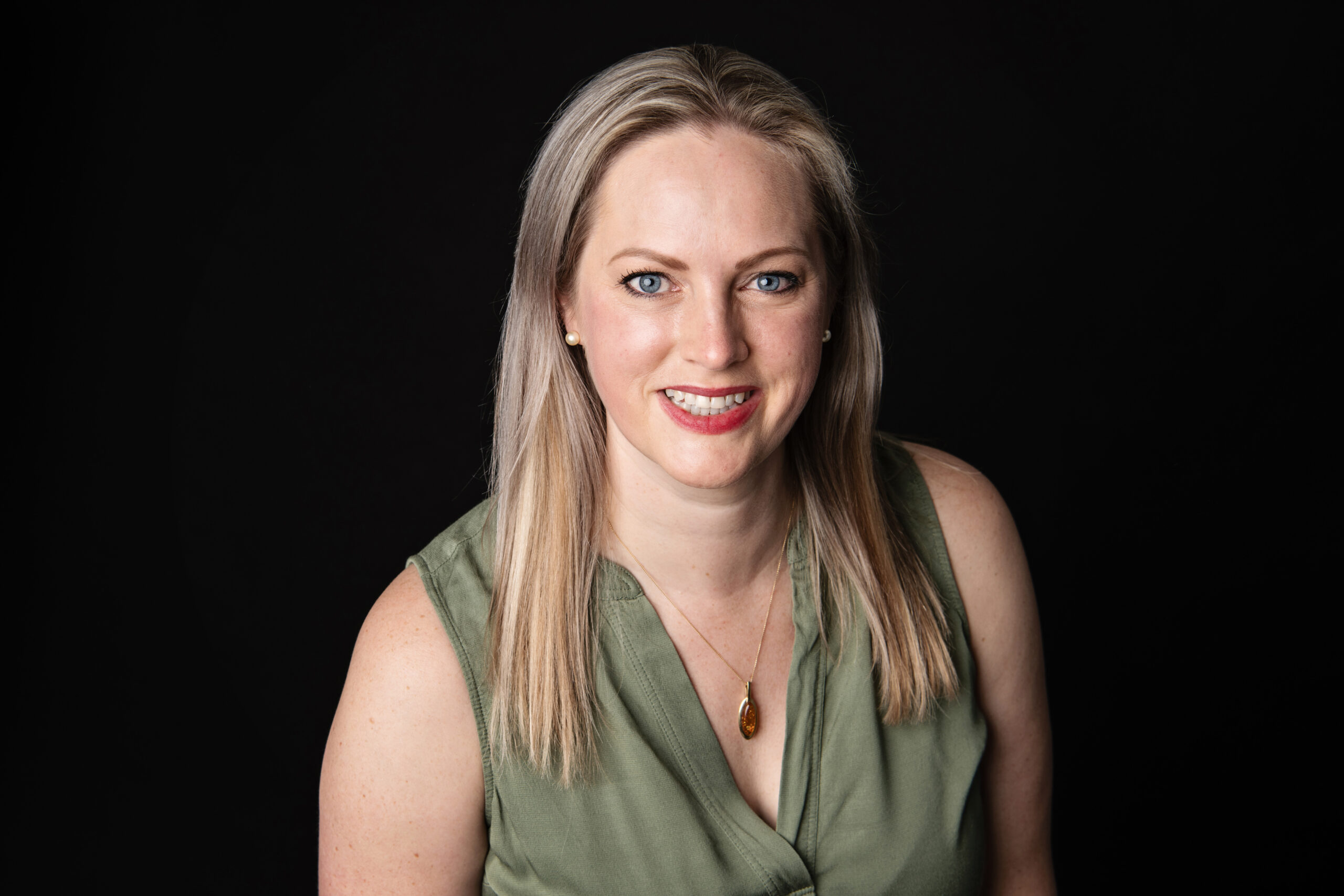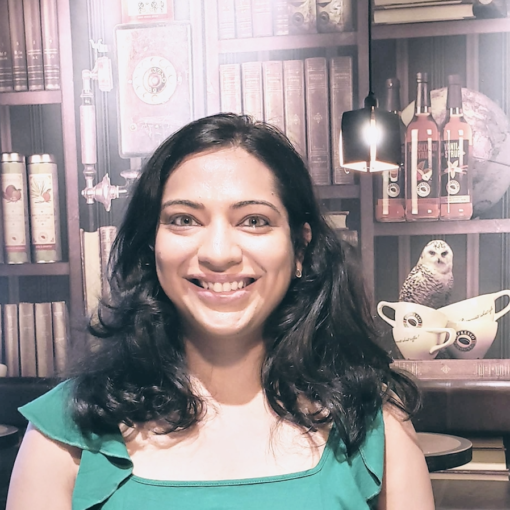PhD; Experimental High Energy (HE) Physics, National Technical University of Athens, 2018
| Science Consultant | |
|---|---|
| Astronomical Observatory of Rome, Italy | |
Year entered into a non-academic position: March 2020
Job highlight: Getting hired!
My research training set me up to: Learn how to keep learning new tricks even though I am an old dog.
Left academia after: I left academia in 2020 to work as a science consultant with Space Talos Ltd. Later in October 2022, I returned into academia to work as a researcher for the Astronomical Observatory of Rome. However, I will answer the following questions with regard to my experience as a science consultant.
What’s your background? I am an experimental high energy/elementary particle physicist. I did my PhD at NTU-Athens with experimental work taking place at the Large Hadron Collider at CERN/Geneva. My main work focused on the search of hypothetical second generation pair produced scalar leptoquark bosons. Leptoquarks are predicted from various beyond-Standard-Model models as an answer to different theoretical problems.
During my PhD I also worked on data quality software development and maintenance of muon tracking CSC (Cathode Strip Chambers) sub-detectors of the ATLAS Muon Spectrometer, sub-detectors of the ATLAS specifically dedicated to muon detection. I was responsible for maintaining proper functioning the the CSCs, creating monitoring software and for ensuring that the collected muon data were suitable for analysis.
Why did you move away from academia? After completing my PhD, I worked at CERN. During the beginning of 2020 and due to the first worldwide Covid-19 lockdown I was searching for a new position, especially given that my then CERN-contract as a Project Associate would end later that year and I was not going to be hired by CERN.
Is there anything you miss about academia? Of course. Scientific research was always my passion and dream. That was my life purpose. I miss not working in scientific research anymore.
How did you get this job? Did you face any challenges when considering a move away from academia or applying for the role? I responded to an internet job announcement (LinkedIn), mainly because I was delighted to see that there was a private company looking to hire an elementary particle physicist to apply their scientific skills. We have to keep in mind that high energy/elementary particle physicists are usually occupied only in academia and basic research and not in the private sector. If they are hired by companies, they are usually hired to not work in positions not directly related to their scientific expertise, e.g. as big data analysts, but almost never as high energy physicists.
I did not encounter any major challenges in moving away from academia. If I had to mention somethig though, it would be how I could adapt myself to the needs of the new work environment.
What motivated you to/why did you choose the sector you transitioned into? The instict of survival.
The competition in the academia is very strong and a long-term, or permanent, assurance not so secured.
Did you think you had the skills required for your current position before you started? Were you right?
There is always the anxiety of doing something new and the fact that you sail in unknown waters. But, on the other hand, this is what you always do when you are in basic research, so there is not much difference at the end of the day. In principle, I was armed with most of the practical skills I needed for the job and, also, with the capacity to search for answers each time I had to work for something new.
How did your PhD prepare you for your current job? For example, what were the transferable skills that you developed during your PhD that are most relevant to your current job? The company was primarily interested in my academic and scientific training. They were looking for a HE physicist, so it was obvious that I was suitable. M y software expertise in various tools and frameworks, e.g. C++ and Python programming languages was also very beneficial.
And, finally, the most important was my training not to be intimidated easily by doing something new and surely not fearing to look like a fool. I am used to that!
Did you have any preconceptions about your sector that proved to be wrong? No. I try not to have many preconceptions in my life in general, not always successfully though.
Can you describe a typical week in your job? The work was fully remotely. There was always a morning meeting with the CEO, CTO and the rest of the colleagues in order to talk about various things, not just work. Those meetings also had the purpose to cover the distance a little bit and give us a chance to get to know each other a little better. My main work there was providing and exploring possible space radiation technologies as solutions for satellite systems energetic shielding from high energy cosmic radiation. I was also responsible to perform computer simulations and calculations investigating if and how these possible solutions could be applied in the real space environment.
What is the workplace culture like? Please include comments on work-life balance, flexibility, remote working? Being fully remote, work was flexible by definition and I had the chance to cover many various scientific topics besides HE physics, e.g. plasma physics, lasers, superconducting magnets, solid state physics etc. Very interesting!
Do people with a PhD frequently get hired in the company/sector? It depends. If we are talking about my birthplace (Greece) I would say not particularly. There is also some age-discrimination (i.e. companies such as mine would usually hire PhD graduates younger than me). That said, when you lose something, usually you gain something else.
You may not be so young, but you already gained experience.
At the end of the day, and after the Covid-19 pandemic, many things have changed radically in the way people and companies work and think about hiring. And, of course, you always need a little good luck to be in the right place at the right time.
What are your favourite parts of your job? Flexibility, being free to take the initiative and the fact that I had to cover a vast variety of basic physics. I was always reminded that,
even though it was a private start-up company with various restrictions and deadlines, I was free to take initiatives on new ideas. That was because both CEO and CTO were coming from academia and basic research and they were trying to apply a similar philosophy, in order to make use of our potential.
For instance, the initial idea was to find a way implementing the satellites with some kind of magnets (there are various types) in order to repel high-energetic charged particles with their magnetic field. That was proved rather difficult, because it required magnetic fields almost impossible to achieve with the current technology, especially on a confined environment like a satellite. Thus, I was asked to propose other possible ways for the particles repulsion, e.g. by applying special crystal materials which could potentially change the trajectories of these incoming particles and finally repel them by exploiting some effects from solid state physics.
What are your reflections on your career path?
I believe I have proved that I can do many and many different things. This is good for potential employers, but also for me to know.
Do you have any advice for current graduate students and postdocs considering a career outside of academia? It is dangerous to give any advice to anyone about anything, even to people from the same discipline, because each person faces different situations. If I had to choose to say something,
I would say not to be afraid to test yourself, even when you might fail. After all, what does failing really mean ? Without failing you cannot succeed. Life is a continuous summing-up with plus and minus and the final summing-up takes place only at the very end.
What do you know now that you wish you’d known when exploring a transition?
“It is not the age, it is the mileage.”
Can you recommend any relevant resources, organisations or events that might help somebody new to the sector find out more about it? Perhaps LinkedIn.

